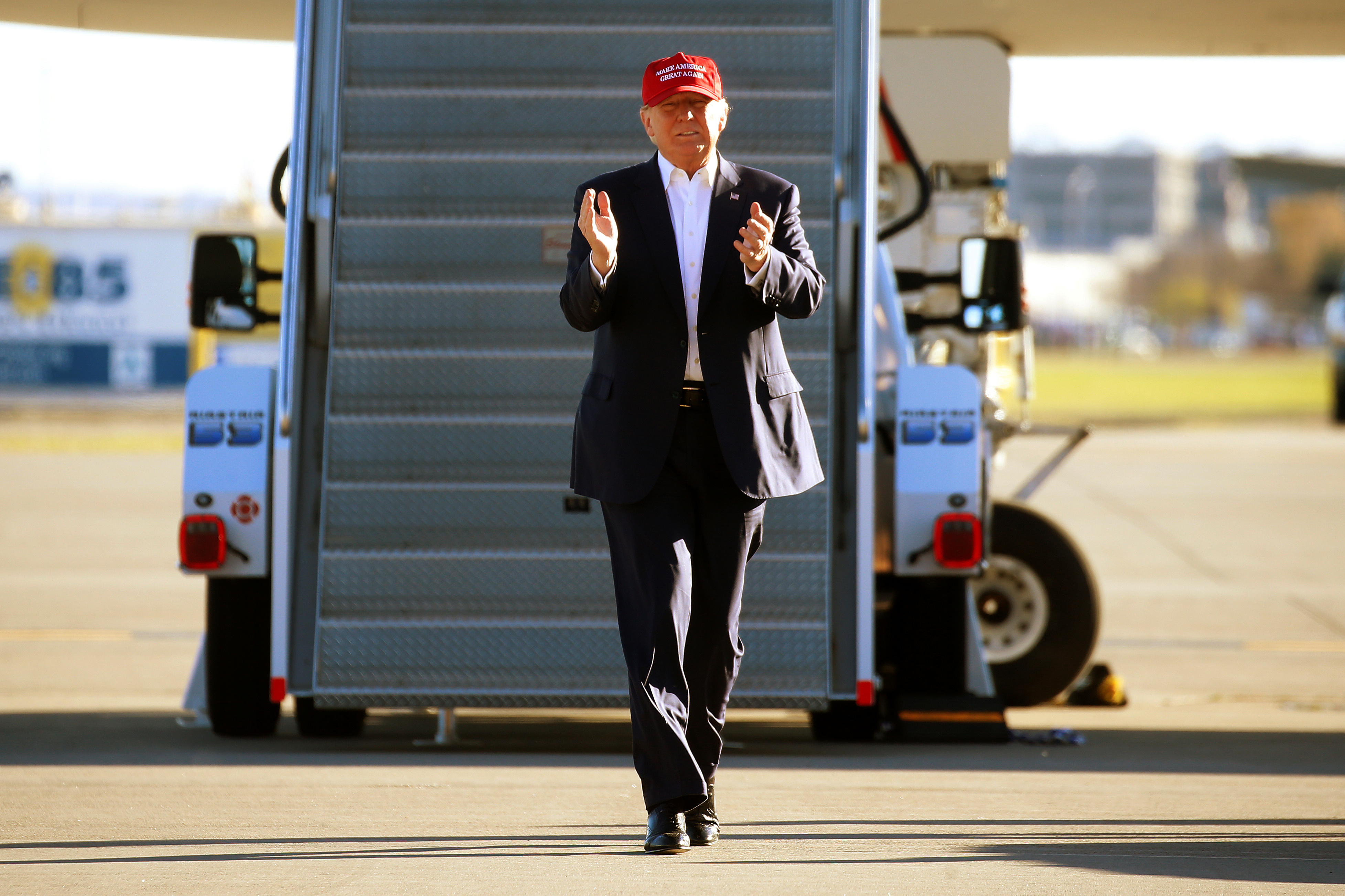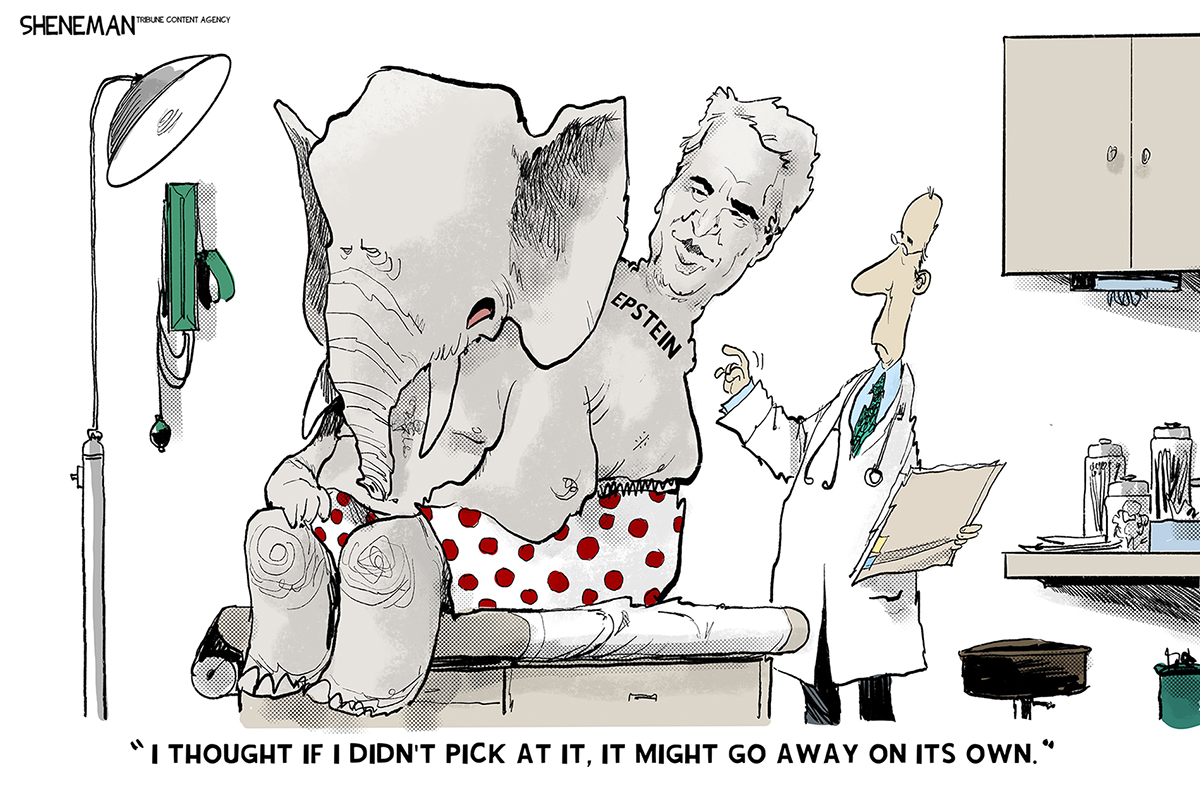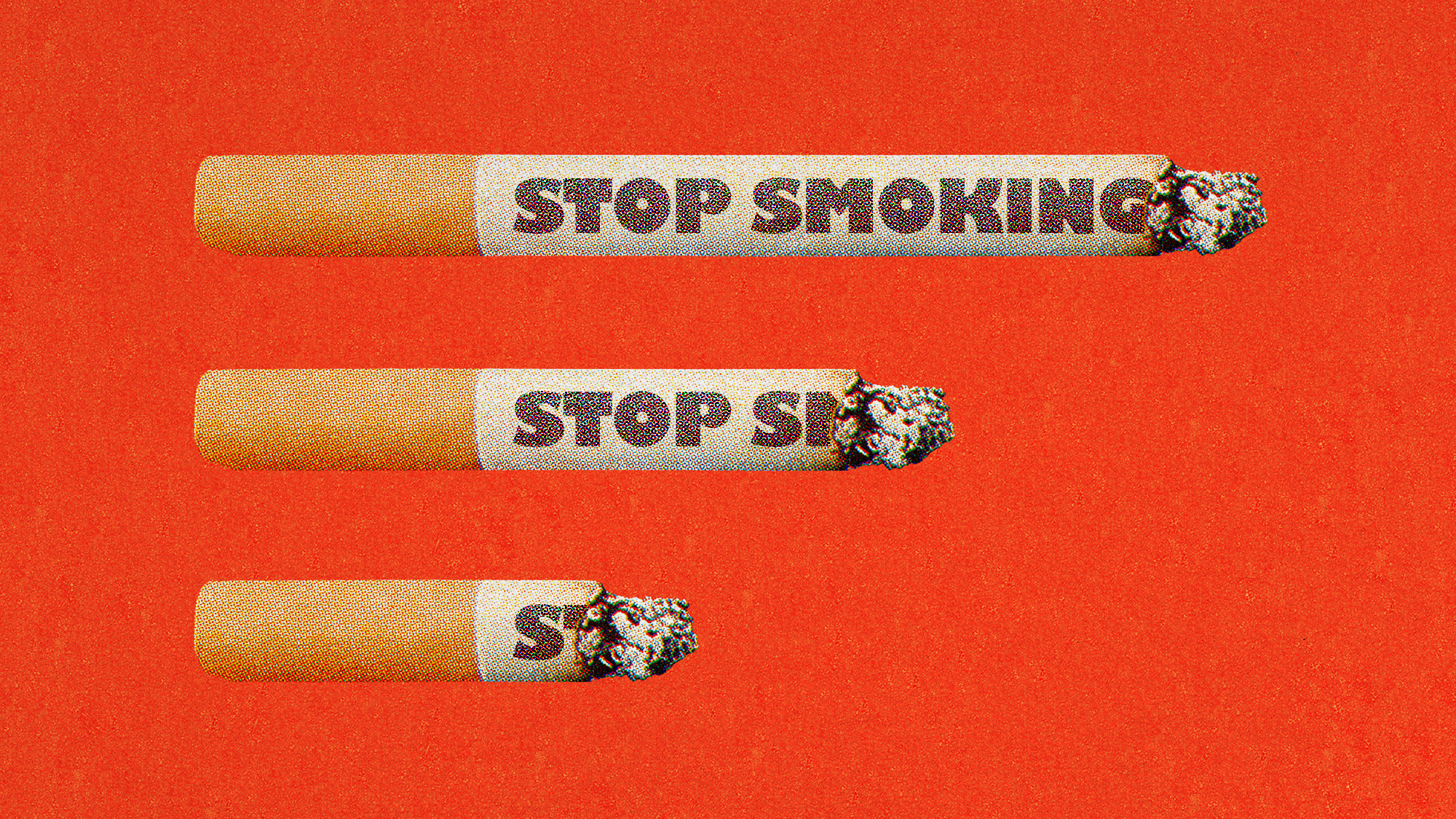The global benefits of Trump's swagger
Here's why Trumpism is better than zombie Obamaism


Barack Obama flunked on foreign affairs. And believe it or not, Donald Trump can do better.
Some Obama failures (Iraq, Afghanistan) have Bush roots, and can largely be laid at the feet of America's 43rd president. But that's hardly true for many of the messes around the globe. For but one example: European relations are weaker and worse than the day Obama took office. He has no right to sigh at Europe's malcontents, having taken European stability for granted and paying the price year by year. And now, the specter of European illiberalism has our global elites frightened that Trump's America will be too dysfunctional to keep darkness and chaos at bay.
But there is no evidence that continuing Obama's signature policies would work. Ian Bremmer, president of the Eurasia Group, recently warned that the end of "Pax Americana" has "been coming…for a while" — gentle language to describe what has been a poor American Peace indeed. Francis Fukuyama laments that the U.S. is now a "failed state" whose "political rot is infecting the world order." In his telling, the 2008 financial crisis (which, again, happened before Obama took office) and the ensuing recession (which Obama did preside over) bred angry anxiety among those who bore the brunt of economic failure — priming them for a reactionary appeal to nationalistic nostalgia around the world and, critically, in the U.S. itself.
The Week
Escape your echo chamber. Get the facts behind the news, plus analysis from multiple perspectives.

Sign up for The Week's Free Newsletters
From our morning news briefing to a weekly Good News Newsletter, get the best of The Week delivered directly to your inbox.
From our morning news briefing to a weekly Good News Newsletter, get the best of The Week delivered directly to your inbox.
"Instead of the sometimes overclaimed commitment to the spread of openness and democracy," Fukuyama writes, Trump "proposes an assertive and yet more insular politics, potentially creating the space for other powers — and who knows which — to fill. The world as a whole, then, could soon have to grapple with the consequences of America's retreat." Like other Western globalists, Fukuyama's fear can be distilled to a simple formula: If the U.S. can no longer keep Europe liberal, the West is dead; globalism is dead; illiberalism wins.
To be sure, there is some reason for despair. After all, there is always reason for despair! But reason alone is a bad way to summon confidence in political matters. And there are more reasons not to lose our nerve than the likes of Bremmer and Fukuyama might admit.
To begin with, although nationalistic nostalgia is indeed a false idol (as Yuval Levin details in his book The Fractured Republic) it is also plainly inaccurate to reduce "Trumpism" to that hollow doctrine. The passion and the interest of Trump and his supporters is not focused most intently on greater insularity, but its opposite. The "again" in Trump's slogan means getting back on offense, re-establishing a more physical presence on the playing field of the world. #MAGA is mainly a rallying cry for a return to American mojo or swagger — or elan or thumos, as Fukuyama might say.
Whatever today's still developing populist American nostalgia may become, it will not be a yearning for the days of Henry Cabot Lodge. Nor, as Angelo Codevilla recently made plain at American Greatness, is it a longing either for Reaganesque Cold War or Carteresque détente.
A free daily email with the biggest news stories of the day – and the best features from TheWeek.com
Barack Obama failed to cultivate strong enough allies to help sustain U.S. hegemony amid near economic collapse. And so, Trumpists aim to protect American self-respect, U.S. freedom of motion, and world order — not to throw Europe to the wolves.
With one big condition, chances are this swaggering approach can work better than zombie Obamaism. If some Europeans may never be able to fully shake the allure of being the wolves, Americans must remember that, here, the allure of visceral Old World pride as a lifestyle experience is a barren illusion. The straightforward Trumpist plan to recover from the Obama years is complicated by the marginal but growing trend of imitating an "ancient" identity that can never be authentic in the New World. Discourage that, without breeding more disillusionment, and Trump has a clearer field — and the West a firmer future — than it seems.
James Poulos is a contributing editor at National Affairs and the author of The Art of Being Free, out January 17 from St. Martin's Press. He has written on freedom and the politics of the future for publications ranging from The Federalist to Foreign Policy and from Good to Vice. He fronts the band Night Years in Los Angeles, where he lives with his son.
-
 September 5 editorial cartoons
September 5 editorial cartoonsCartoons Friday’s political cartoons include the GOP and Donald Trump with a Jeffrey Epstein problem and diseases flocking to Florida
-
 Quit-smoking ads are being put out
Quit-smoking ads are being put outUnder the radar The dissolution of a government-funded campaign could lead to more smokers in the future
-
 China's new weapons of war
China's new weapons of warThe Explainer Beijing parade was a 'direct message to us all'
-
 Ghislaine Maxwell: angling for a Trump pardon
Ghislaine Maxwell: angling for a Trump pardonTalking Point Convicted sex trafficker's testimony could shed new light on president's links to Jeffrey Epstein
-
 The last words and final moments of 40 presidents
The last words and final moments of 40 presidentsThe Explainer Some are eloquent quotes worthy of the holders of the highest office in the nation, and others... aren't
-
 The JFK files: the truth at last?
The JFK files: the truth at last?In The Spotlight More than 64,000 previously classified documents relating the 1963 assassination of John F. Kennedy have been released by the Trump administration
-
 'Seriously, not literally': how should the world take Donald Trump?
'Seriously, not literally': how should the world take Donald Trump?Today's big question White House rhetoric and reality look likely to become increasingly blurred
-
 Will Trump's 'madman' strategy pay off?
Will Trump's 'madman' strategy pay off?Today's Big Question Incoming US president likes to seem unpredictable but, this time round, world leaders could be wise to his playbook
-
 Democrats vs. Republicans: which party are the billionaires backing?
Democrats vs. Republicans: which party are the billionaires backing?The Explainer Younger tech titans join 'boys' club throwing money and support' behind President Trump, while older plutocrats quietly rebuke new administration
-
 US election: where things stand with one week to go
US election: where things stand with one week to goThe Explainer Harris' lead in the polls has been narrowing in Trump's favour, but her campaign remains 'cautiously optimistic'
-
 Is Trump okay?
Is Trump okay?Today's Big Question Former president's mental fitness and alleged cognitive decline firmly back in the spotlight after 'bizarre' town hall event
